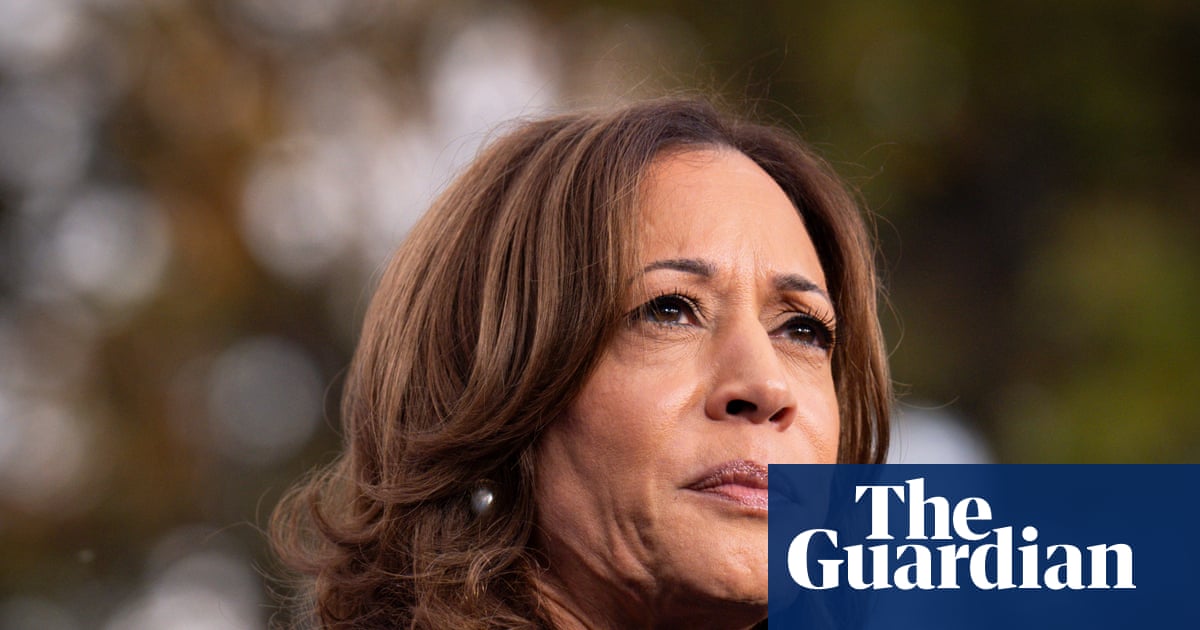Biden limps through the book, “frail” and bitter, the definition of a lame duck. In its most-discussed section, he babbles to Harris that his campaign-killing debate didn’t actually hurt his poll numbers, shortly before she’ll out-debate Trump in Philadelphia.
The former vice president succeeds in the campaign’s planned moments: the debate, the convention. She struggles when she has to go off book.
“What the f— was that?” she asks the staffers who book her a long interview with the health podcaster Dr. Mike, but brief her for a short one. Harris dwells on two of her unscripted responses to protesters — telling Gaza activists that they’ll get Trump if they withhold their votes from her, and ejecting right-wing activists who claimed they were just shouting about Jesus. She wins the moment, and loses the post-event spin, blaming that largely on conservative media.
“Democracy is complicated,” Harris writes. “It’s also easily compromised by blatant bias, downright lies, and the media organizations that enable them.”
As a candidate, she is risk averse, frustrated by how Trump commands the media environment and campaign narrative. She identifies a nasty “double standard on our style of presentation,” with her answers getting mocked as “word salad.” Her interviews could have gone better, but she thinks the trouble is often that the questions are unserious, based on whatever Trump had churned up at his rallies.
Harris gets irritated when Tim Walz starts “nodding and smiling at J.D. [Vance]‘s fake bipartisanship” in the vice presidential candidate debate. She feels vindication when the press corps wows at her first big crowds as a Biden replacement: “My college tour events had been standing room only, same with my rallies for reproductive rights.”
She’s unable to generate the same energy, or confidence, on other progressive issues. Because of unhelpful spin from anonymous Biden aides, who did not want her to “shine,” she can’t win the argument on immigration, and can’t sketch out how her administration would fix it. “All I could do was show that we had taken measures that were working, and that I took the issue seriously and would continue to press for the comprehensive reforms we needed.’
Four pages of 107 Days get into Trump’s “she’s for they/them” ads, which revealed how unready Democrats were to defend transgender rights in a campaign. Harris is still not sure how to do that. She recounts that she defended covering gender surgery for prisoners because doing so was the law, that policy affected very few people, and she’d overcorrected in her 2020 campaign when she was attacked for not defending it.
In 2025, she believed that schools could “take into account biological factors such as muscle mass and unfair athletic advantage” in sports. But the idea that the ad wrecked her campaign was “the conventional wisdom of middle-aged men who don’t live in battleground states,” and she did not “regret my decision to follow my protective instincts” for trans people.
“I wish I could have gotten the message across that there isn’t a distinction between ‘they/them’ and ‘you,’” Harris writes. “The pronoun that matters is ‘we.’ We the people.”
Source link

